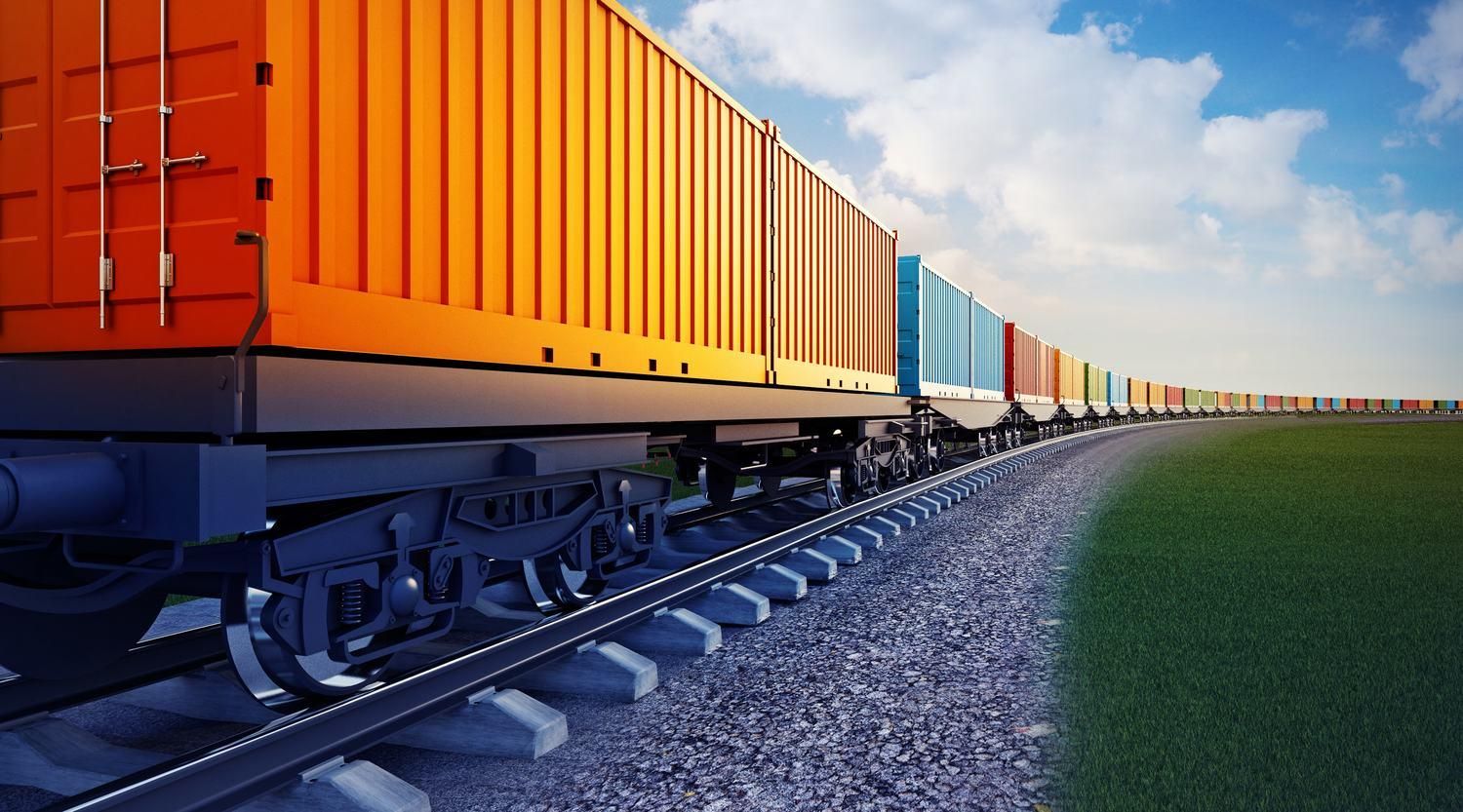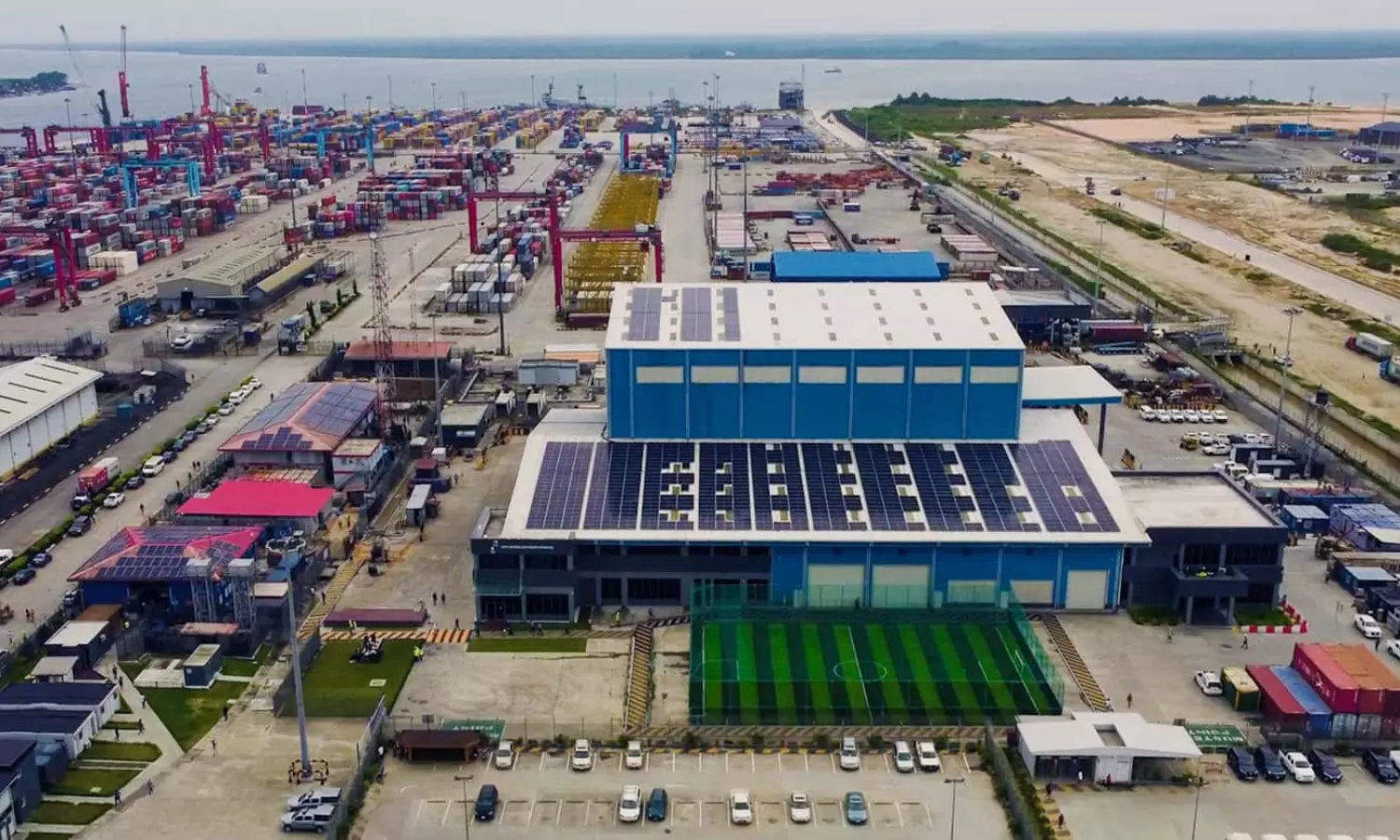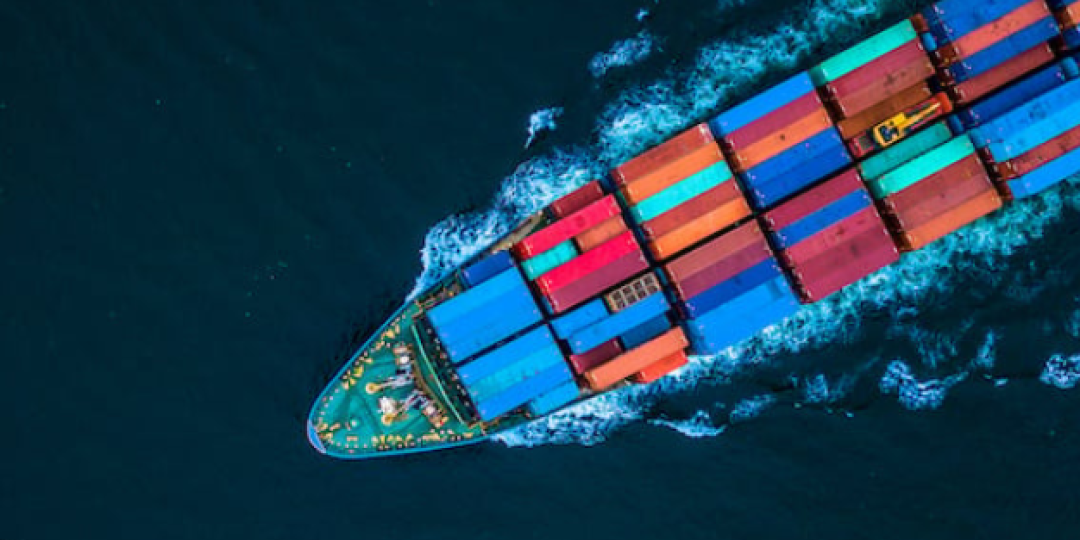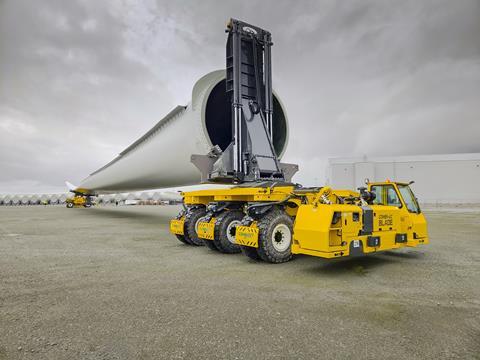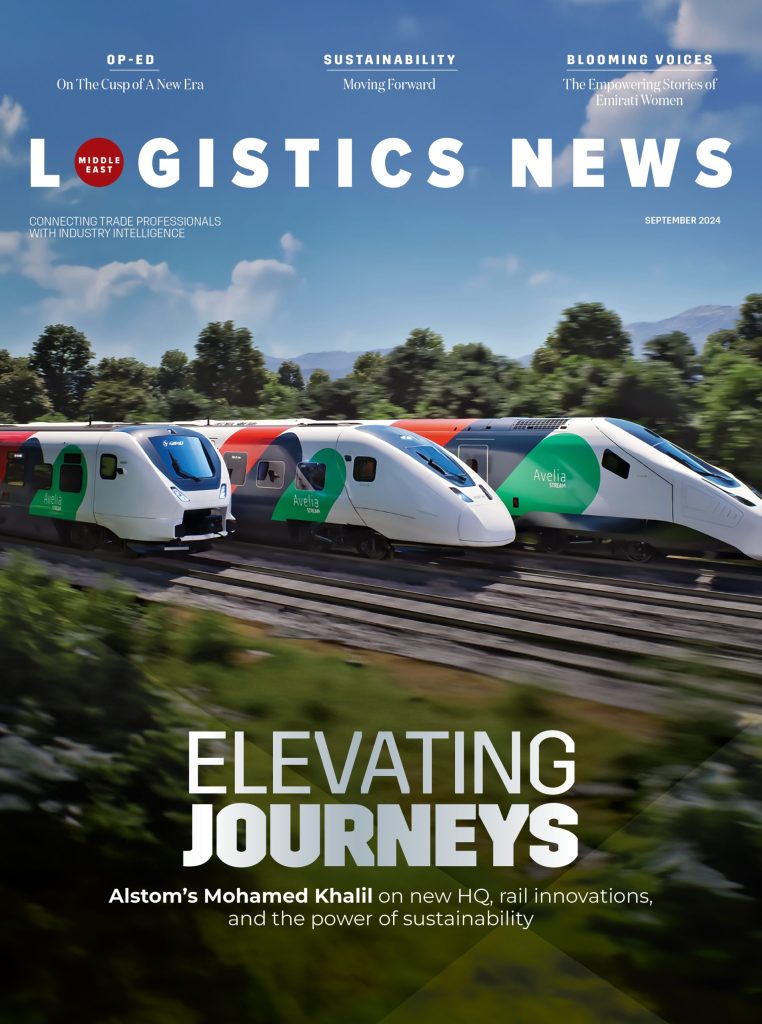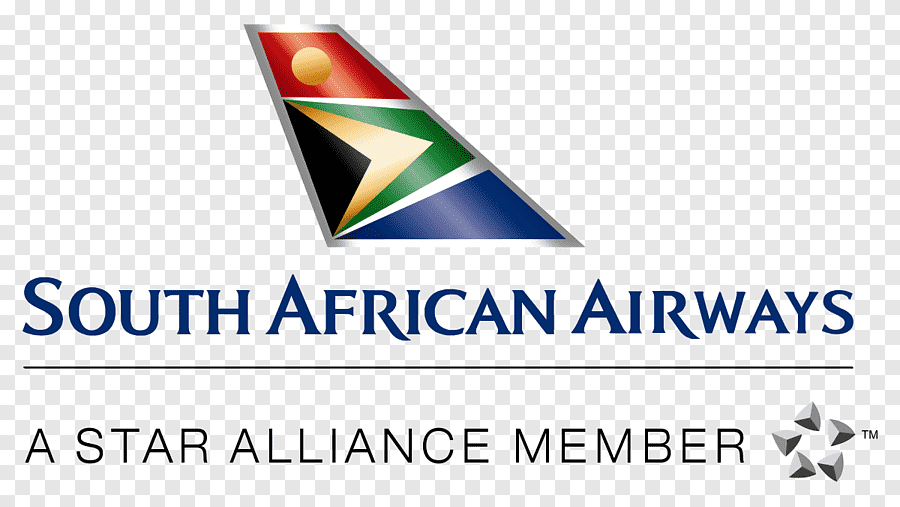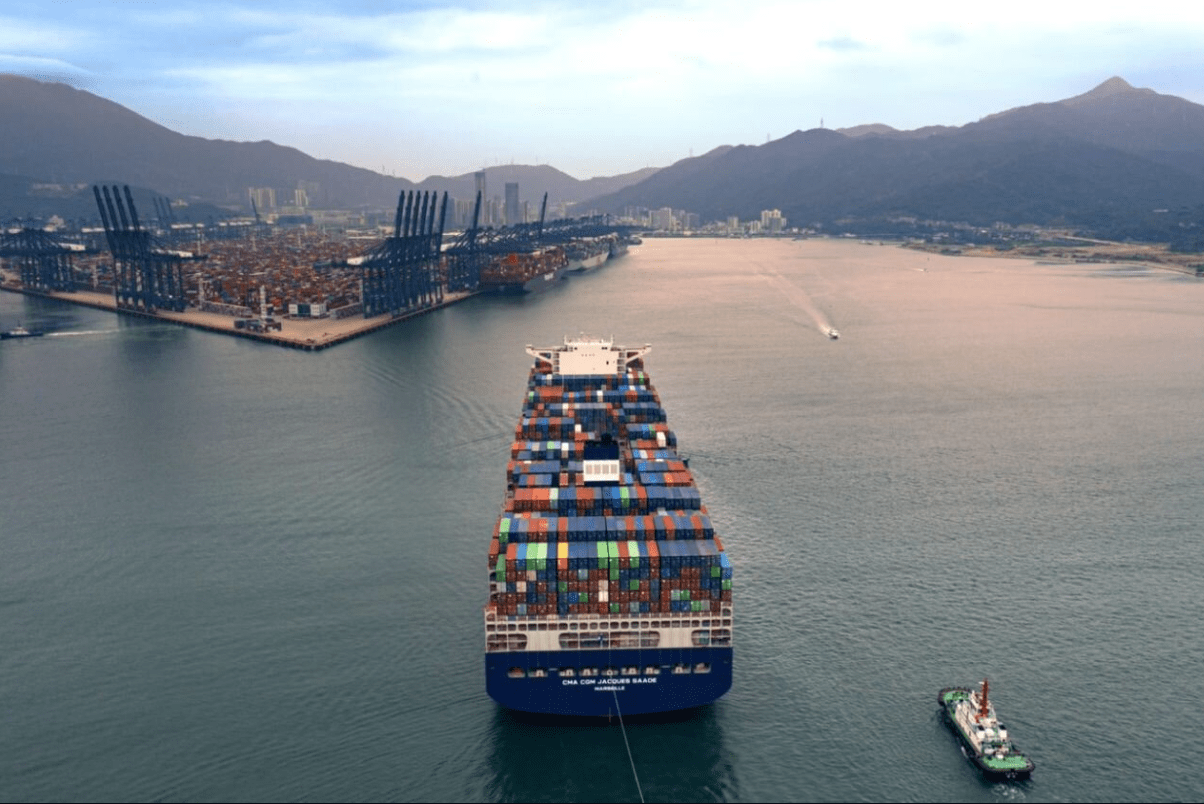Logistic

A new dawn for logistics as the GCC and India draw closer
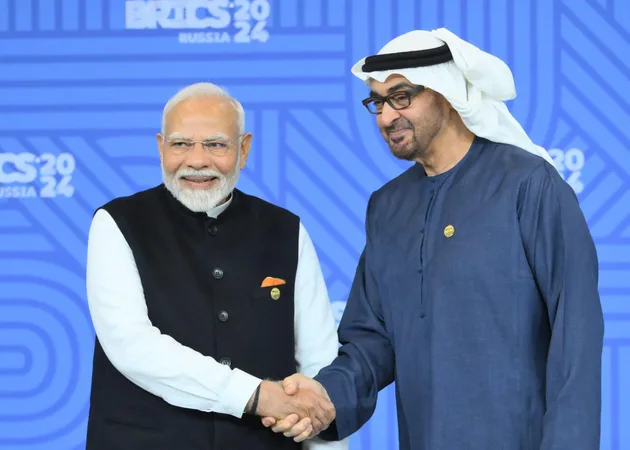
The growth of a new integrated trading area will have implications not only for the region but also globally, due to the shifting dynamics of international politics.
However, these are not goals shared by their GCC partners, which see themselves rather as a bridge between the East and West and unwilling to “pick sides”. For example, while Saudi Arabia and the UAE remain in the Western strategic camp, they have also recently joined the BRICS group of emerging markets.
So, what will the implications of enhanced regional interconnectivity mean for the supply chain and logistics industry?
Increased flows of Indian manufactured goods to the GCC will largely benefit the maritime sector, transiting ports on the west coast of India, such as Jawaharlal Nehru, en route to the major GCC ports which will act as regional distribution hubs. This set up will benefit Abu Dhabi’s Khalifa Port in particular.
This increased interconnectivity will provide a boost for GCC warehousing property and logistics companies, such as Bharat Mart, a recently announced 100,000 sq m facility in the Jebel Ali Free Zone which has been developed to export ‘Made in India’ goods to the rest of the world. This followed a comprehensive economic partnership agreement (Cepa) signed by the UAE and India.
Future plans will see the completion of an onward rail network linking the GCC with the Mediterranean and Europe through Israel, although present geopolitical tensions have called this part of the strategy into question.
However, sea-air products, using GCC airports, have experienced a major increase in popularity since the Red Sea disruption, significantly reducing the time taken to get products from Asia to Europe.
India and the GCC have a shared vision of a multi-polar world that will facilitate greater levels of economic integration across the region.
At the same time, India’s own plans to become a major global manufacturing hub in opposition to China will prove popular in the EU and USA and form part of their own de-risking strategies.
This can only benefit the GCC’s highly developed transport and logistics sector which will become a major conduit for Indian products.
John Manners-Bell is CEO of Transport Intelligence Insight and founder of Foundation for Future Supply Chain





